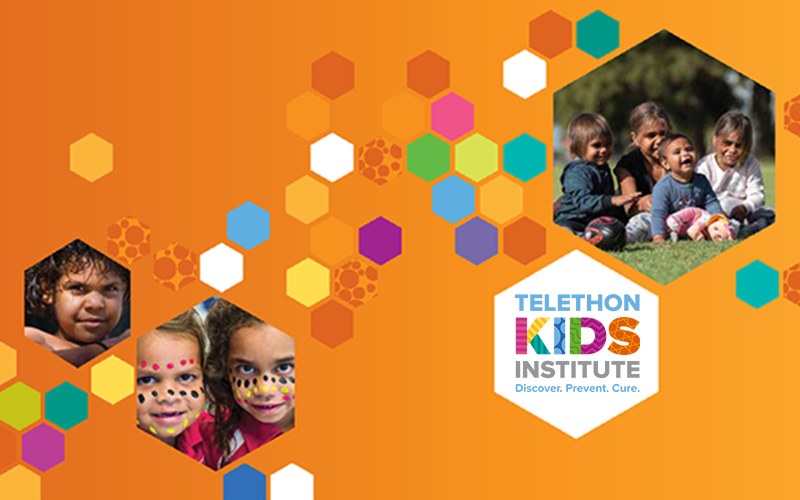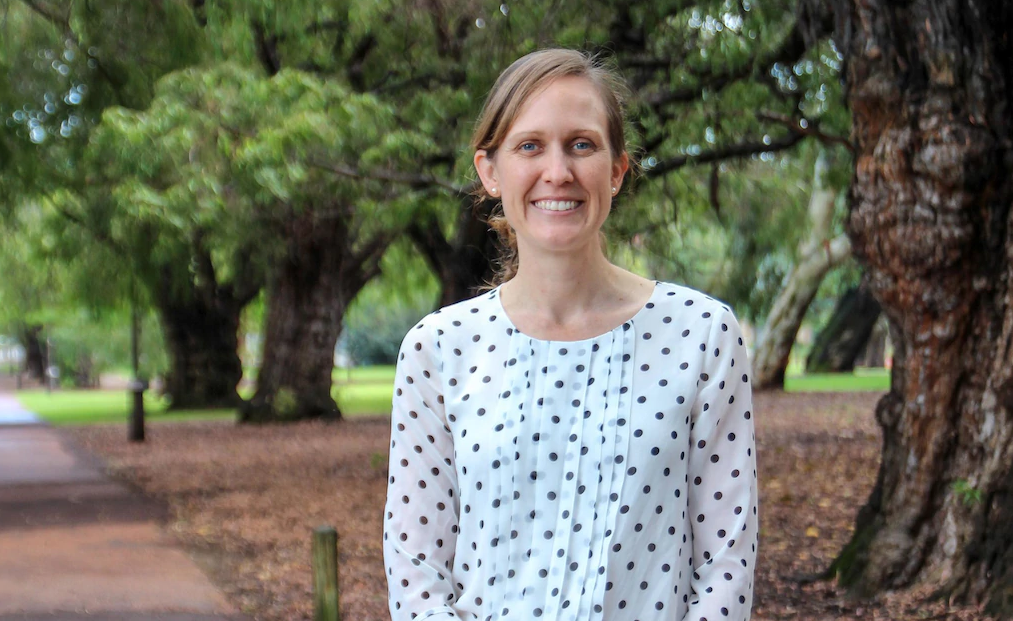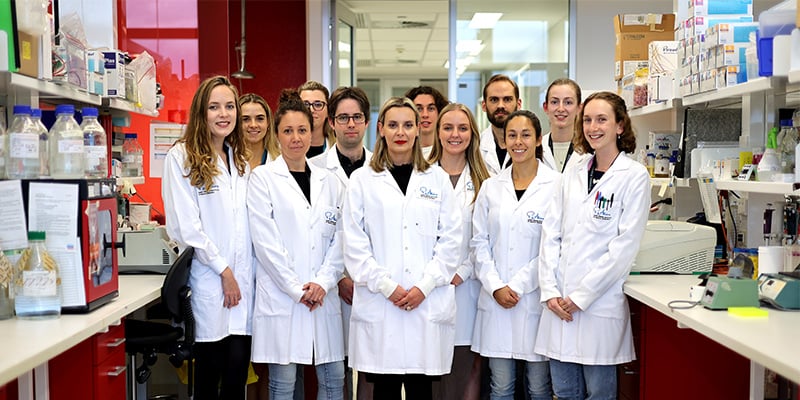Search

News & Events
The Kids Research Institute Australia says yes to "The Voice"The Kids Research Institute Australia gives its full support for a First Nations Voice to Parliament to be enshrined in Australia’s constitution.

News & Events
Prestigious grants to support lung health and suicide prevention researchTwo researchers focused on improving outcomes for children with chronic lung disease and averting suicide contagion and suicide clusters in young people have won prestigious Investigator Grants from the National Health and Medical Research Council.

News & Events
Spotlight on kids' menus shows almost all are unhealthyThe first Australian study to evaluate the nutritional content of Kids’ Menus at restaurants and cafés has found the overwhelming majority are unhealthy.

News & Events
Funding boost to help turn research into practical changeResearch projects sharing in a $2.1 million funding boost will seek to translate research findings into changes that benefit patients and help the health system run more efficiently.

News & Events
World-first trial to seek child-specific treatments for dangerous bloodstream infectionsThe Kids Research Institute Australia, Perth Children’s Hospital (PCH) and the Peter Doherty Institute for Infection and Immunity (Doherty Institute) will spearhead the paediatric arm of a world-first global platform trial designed to uncover treatments for Staphylococcus aureus bloodstream infection.

News & Events
Prestigious fellowship for pioneering researcherAleksandra Filipovska has been elected a Fellow of the Australian Academy of Health and Medical Sciences.

News & Events
Slime, bugs and bacteria: Hands-on science fun at the Telethon Family FestivalKids and families can get their hands dirty at Sunday’s Telethon Family Festival at RAC Arena, with The Kids Research Institute Australia showcasing some of its world-class research.

News & Events
New project aims to improve cultural safety in mental health servicesThe project will focus on improving cultural safety in mental health services for Aboriginal and Torres Strait Islander children and young people.
Research
School AttendanceEach day of school missed makes a difference, with the effect on learning accumulating over time. From an early age, if children are taught that they need to 'show up' for school and make a commitment, this positive mentality aids academic and career success and brings benefits in adulthood.

News & Events
Starting or returning to school after the holidaysWe know many autistic children may be more sensitive to transitions so may need some extra supports at this time.
